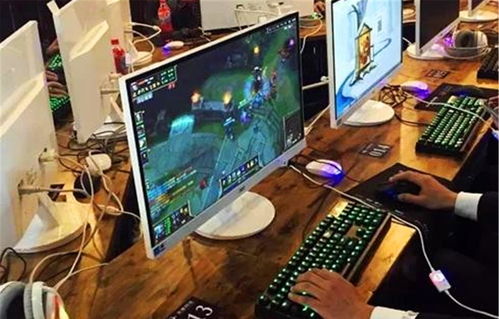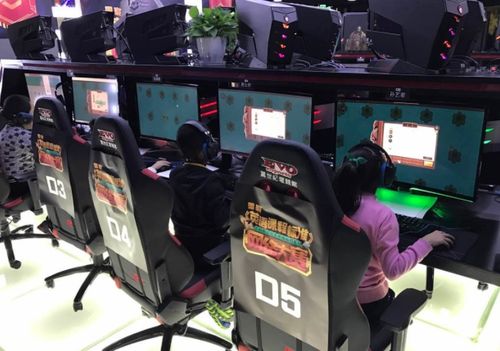来源:小编 更新:2024-09-29 05:40:20
用手机看

Computer games have become an integral part of modern entertainment, captivating millions of players worldwide. Behind the polished and engaging games we enjoy are the dedicated professionals who ensure they are free from bugs and glitches. One such role is that of a computer game tester. In this article, we will delve into the responsibilities, skills required, and the importance of a computer game tester in the gaming industry.

As a computer game tester, the primary responsibility is to identify and report any issues or bugs within the game. This involves playing the game extensively, often for long hours, to uncover any problems that could affect the player's experience. Here are some key responsibilities:
Playing the game thoroughly to uncover bugs, glitches, and other issues.
Documenting and reporting any issues found, including steps to reproduce them.
Collaborating with developers and designers to resolve issues and improve the game.
Testing game performance on various platforms and devices to ensure compatibility.
Providing feedback on game mechanics, user interface, and overall user experience.

Becoming a successful computer game tester requires a unique set of skills. Here are some essential skills to possess:
Attention to Detail: A keen eye for spotting bugs and inconsistencies is crucial.
Communication Skills: The ability to clearly communicate issues and collaborate with team members is vital.
Problem-Solving Skills: Being able to identify the root cause of a problem and propose effective solutions is essential.
Adaptability: The gaming industry is constantly evolving, so being adaptable to new technologies and methodologies is important.
Passion for Gaming: A genuine interest in playing and understanding computer games is a must.

The role of a computer game tester is of paramount importance in the gaming industry. Here are a few reasons why:
Ensuring Quality: Testers help ensure that the game is free from bugs and glitches, providing a seamless experience for players.
Improving User Experience: Testers provide valuable feedback on game mechanics, user interface, and overall user experience, helping developers make necessary improvements.
Cost-Effectiveness: Identifying and fixing bugs early in the development process can save time and resources in the long run.
Enhancing Player Satisfaction: A well-tested game leads to higher player satisfaction and a positive reputation for the game and its developers.

Embarking on a career as a computer game tester requires a combination of skills, experience, and education. Here are some steps to consider:
Acquire Basic Skills: Learn the basics of game testing, including bug reporting and test management.
Play Games Extensively: Gain experience by playing a wide variety of games to understand different genres and platforms.
Get Certified: Obtain a certification in game testing to enhance your qualifications.
Become Part of a Community: Join online forums and social media groups to network with other game testers and stay updated on industry trends.
Apply for Jobs: Search for game testing positions at game development studios, publishing companies, or as a freelance tester.

Computer game testers play a crucial role in the gaming industry, ensuring that the games we play are of high quality and enjoyable. With the right skills, experience, and passion for gaming, anyone can become a successful computer game tester. As the gaming industry continues to grow, the demand for skilled testers is expected to increase, making it an exciting career choice for those interested in the gaming world.
